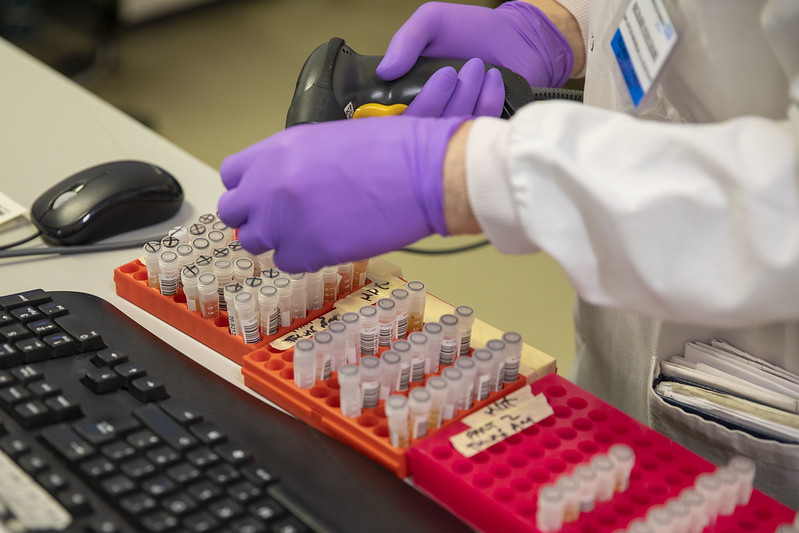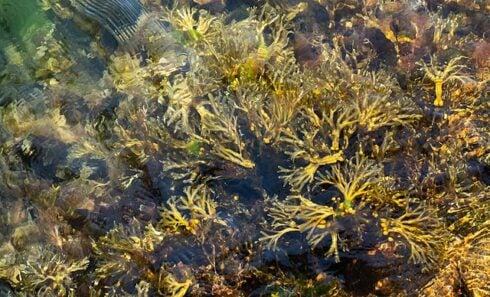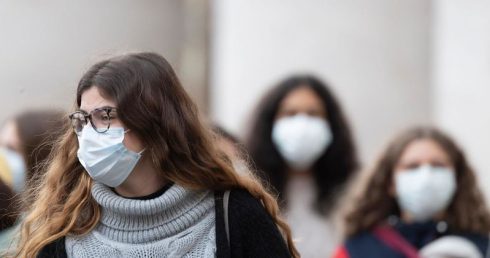OF the 70 investigations being carried out worldwide, a Chinese project is reported to be one of the most advanced.
Developed by the private company CanSino Biologics in collaboration with the country’s Military Academy of Medical Sciences, the project is already in the second phase of testing.
This phase involves testing on 500 volunteers between 18 and 60 years old who have not been infected by the virus.
The first phase was composed of 108 people, all residents of Wuhan. The treatment ended on April 2 and was intended to evaluate its effectiveness and safety.
Although research is progressing well, Chinese officials warn that the potential vaccine could not be marketed for at least 12 months.

The UK Health Ministry also announced plans to start human trials of a coronavirus vaccine on Thursday with researchers from Oxford University and a separate team at Imperial College in London.
In a press conference the British Health Minister Matt Hancock said in normal times, ‘it would have taken years to reach this stage.’
“The advantages of being the first country in the world to develop a successful vaccine are so enormous that I’m putting all the resources I can into it,” Hancock said.
The Health Minister said he had freed up an extra £20 million (€22.60 million) of funding to both projects.
“We are going to give them all the resources they need to maximise their chances of success as soon as possible,” Hancock said.
The Oxford team, led by Professor Sarah Gilbert, announced it would begin testing the vaccine on humans this week.
Regarding Spain, the Minister of Science, Pedro Duque, announced last Friday that Spain has ‘a candidate for a vaccine.’
This information has been confirmed by the head of the team of the Vaccine and Virus Laboratory of the National Centre for Biotechnology (CNB) of the CSIC, Mariano Esteban, who after successfully validating the preliminary results in cell cultures has said that they have ‘a vaccine candidate’ against the coronavirus.
Despite this, the process still has some way to go.
First the vaccine is tested on normal mice to see the immunogenicity. This part of the testing can last three or four months.
After the trials in mice, tests are carried out on macaques.
If the results are confirmed, the first experiments on humans could begin at the end of 2020.
“If the objectives are met, in April or May next year we could have the vaccine,” said Esteban, who has confirmed that he is in contact with a company that would be responsible for producing the vaccine on a large scale.
Click here to read more Health News from The Olive Press.








